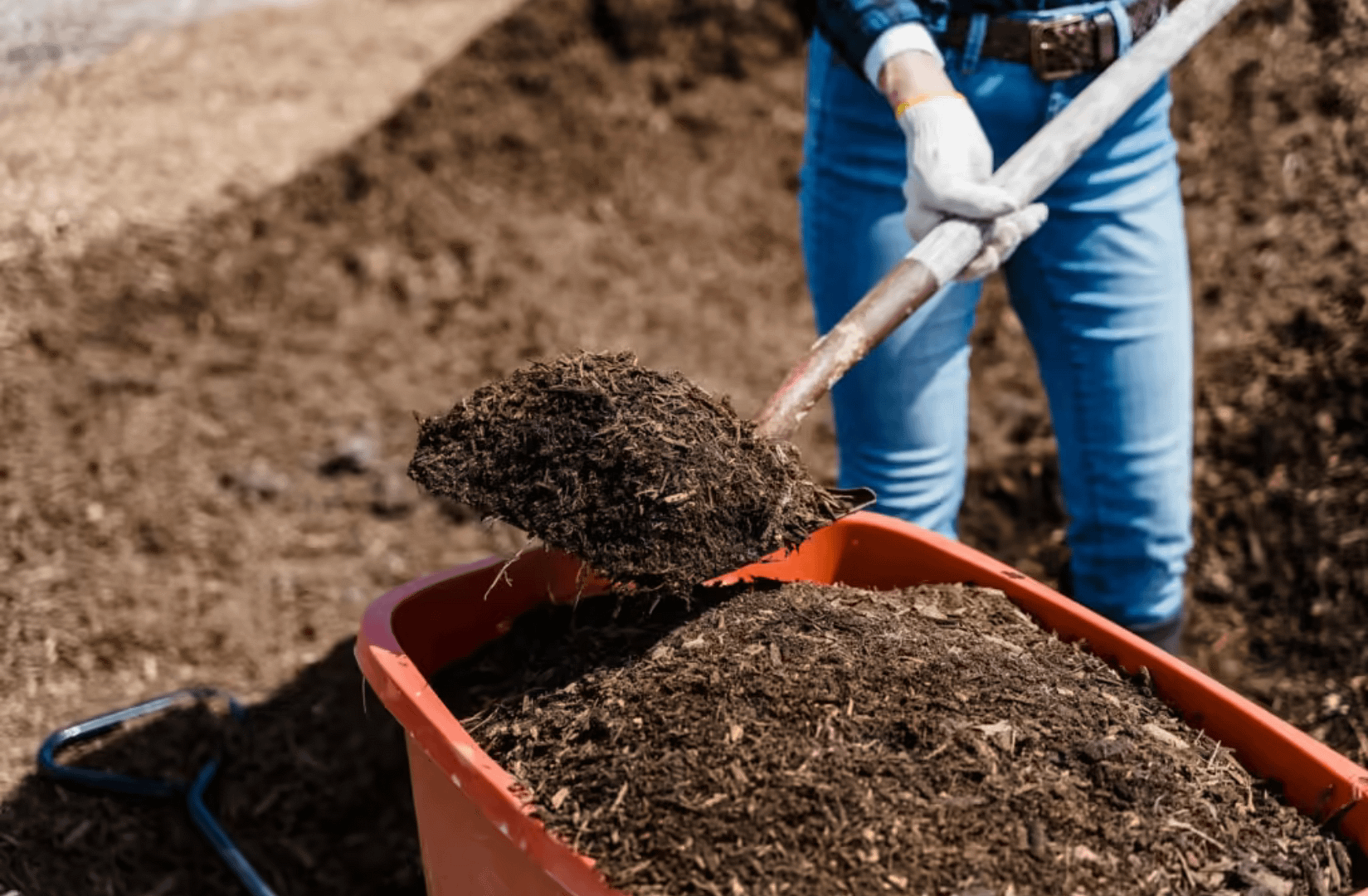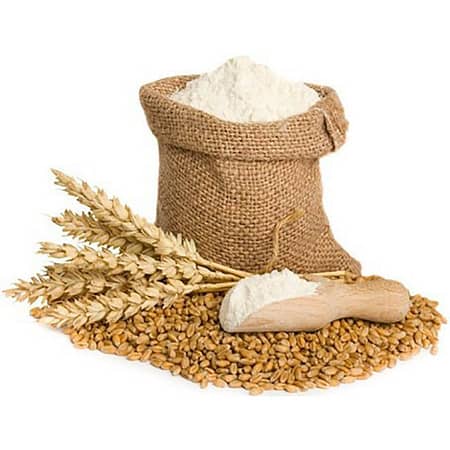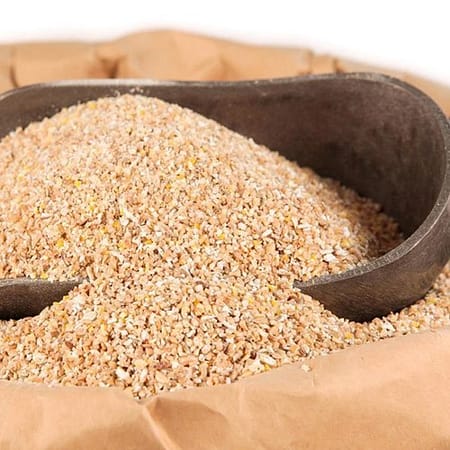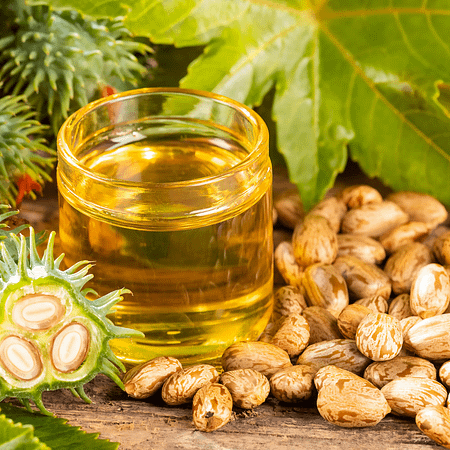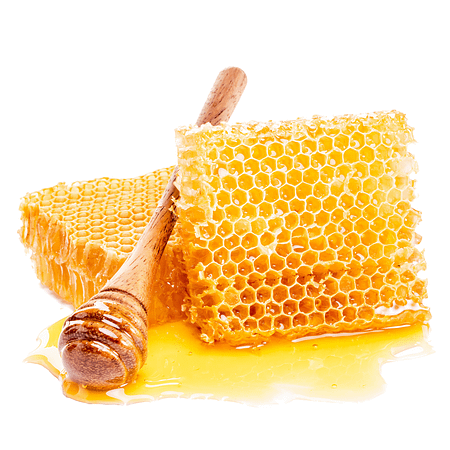Conventional vs. Organic Farming
Organic agriculture is a method of production that revitalizes the health of soils, ecosystems, and human beings.
Organic farmers prioritize natural processes, biodiversity, and local conditions, avoiding synthetic inputs such as chemical fertilizers, pesticides, and herbicides. Additionally, genetically modified organisms (GMOs) are prohibited in organic farming.
The differences between conventional and organic farming
The fundamental distinction between organic and conventional farming lies in their approaches to managing pests, weeds, and plant nutrition. Conventional farming resorts to chemical means, such as synthetic pesticides, herbicides, and fertilizers, while organic farming relies on natural methods like biodiversity and composting to cultivate wholesome, plentiful crops.
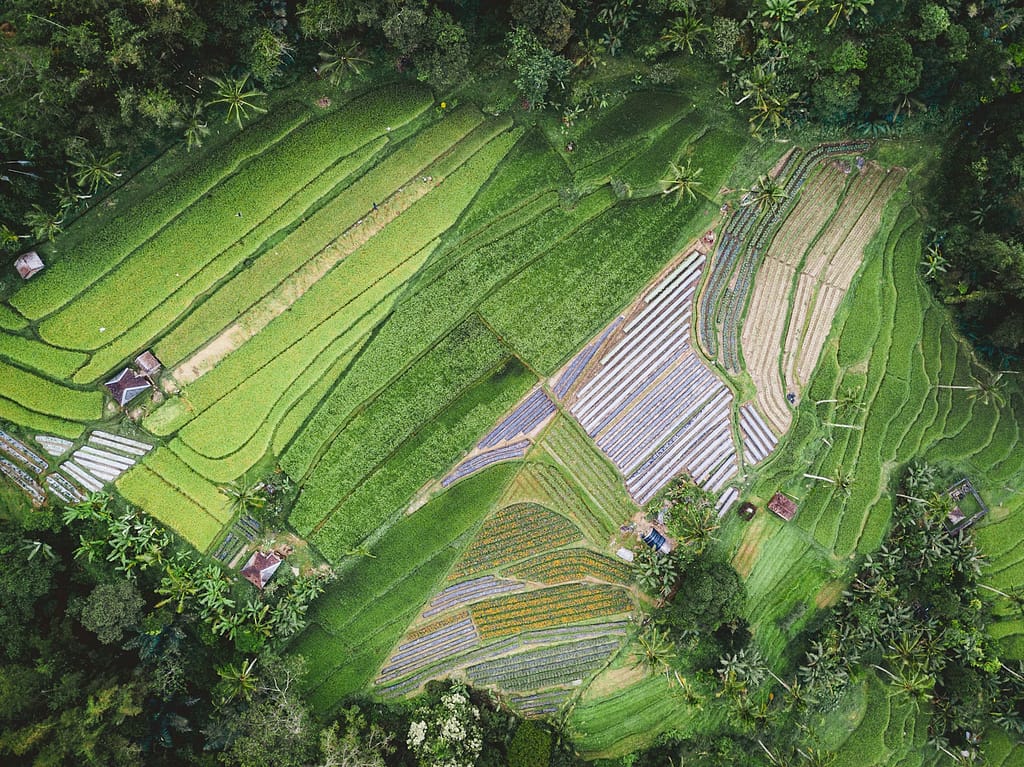
It’s crucial to note that organic farming is not merely about avoiding synthetic chemicals or substituting them with natural alternatives. Instead, organic farmers employ ancient techniques such as crop rotations and the use of composted animal manures and green manure crops, adapted to suit the demands of today’s economy. In organic farming, the holistic health of the entire system is paramount, and the interplay of various management practices is of primary concern. Organic producers employ a diverse array of strategies to foster and sustain biological diversity and replenish soil fertility.
The Impact
Conventional and organic farming practices have distinct effects on the environment and human well-being. Conventional agriculture leads to heightened greenhouse gas emissions, soil erosion, water contamination, and poses risks to human health. In contrast, organic farming leaves a smaller carbon footprint, preserves and enhances soil health, restores natural ecosystems for purer water and air, all while avoiding the presence of toxic pesticide residues.




